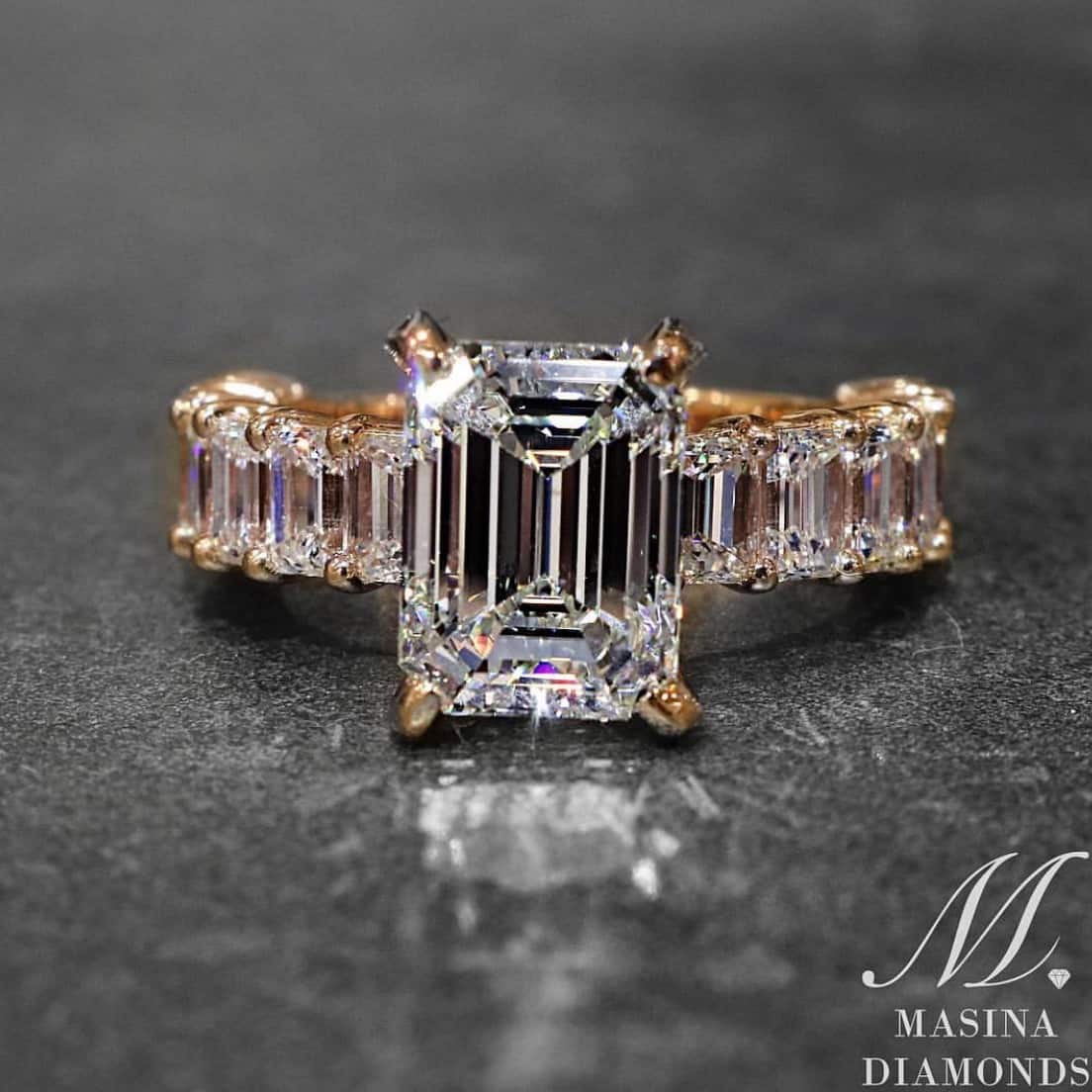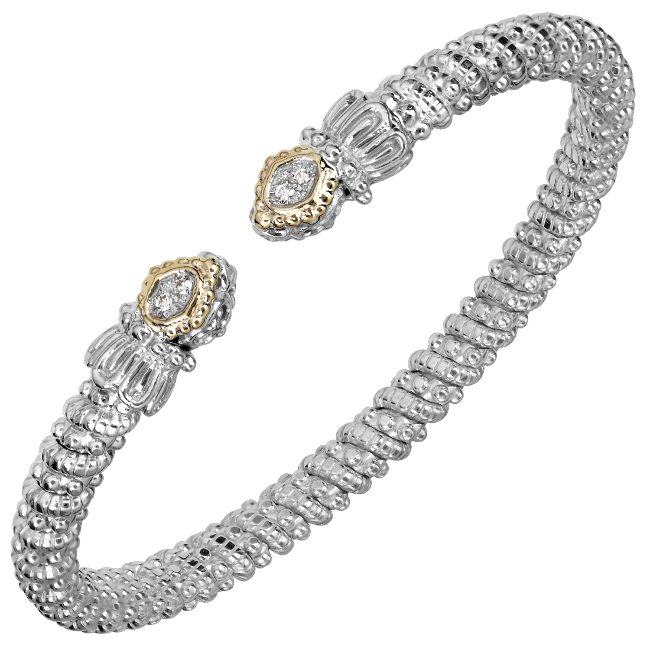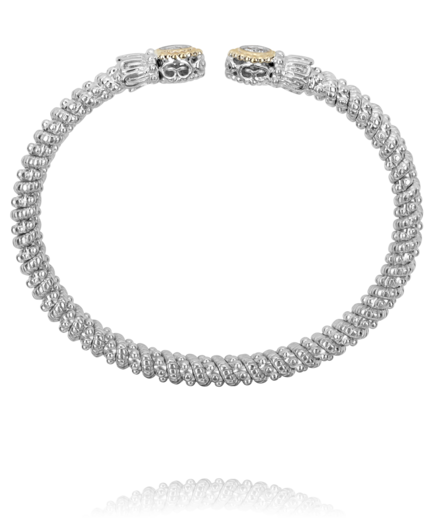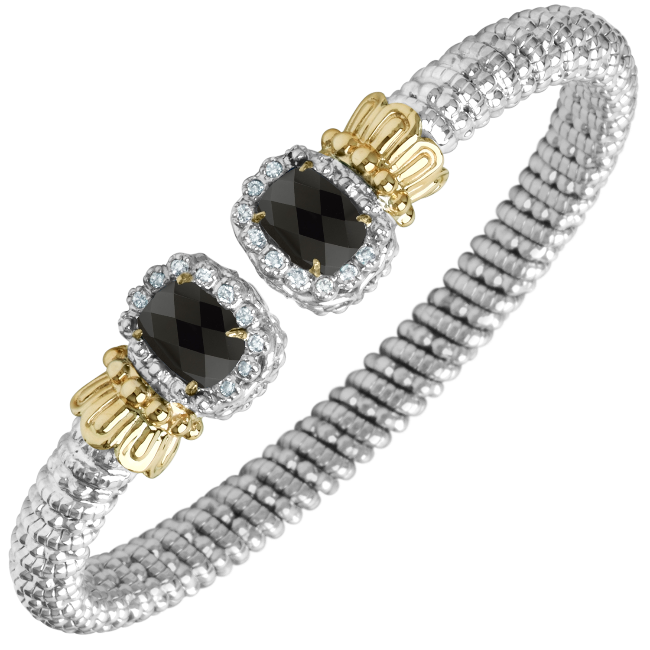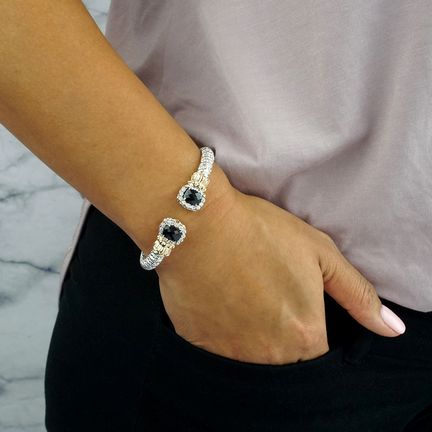80% of Brides Drop Hints: Don’t Miss These Engagement Ring Band Width Tips!
Did you know that 80% of brides-to-be drop hints about their engagement ring preferences? Even more surprising, 70% are directly involved in selecting or purchasing the ring themselves! Whether you’re planning to pop the question or you’re the one set to wear the ring, one thing’s clear—you need something beautiful and flattering.
If you’re on the hunt for the perfect engagement ring, keep reading. This complete guide to engagement ring band widths will help you make the right choice.
What's the Average Width of an Engagement Ring Band?
Before diving into the details, let’s talk about what’s considered “average.” While engagement ring bands can go up to 5-6 mm in width, most people choose something between 1.5-3 mm. Even though the difference may seem small (only one and half a millimeters), it can have a huge impact on how the ring looks and feels on your finger.
Just like fashion trends, engagement ring band widths shift over time. Right now, the trend leans toward thinner bands. Brides today are gravitating toward bands around 1.7 mm wide, with most commercial rings sized at 2.5 mm. But, chunky engagement rings have been on the rise!

Pictured are three 1.25 carat round diamonds placed on different engagement ring widths.
Current Trends for Engagement Ring Band Widths
The Popular Choice: Thin Bands
As mentioned earlier, thin bands are all the rage right now! Stackable rings have also made their mark, contributing to this growing trend. Whether you want to follow the crowd or stand out, there are pros and cons to both thin and thick bands.
Let’s break down the advantages and disadvantages of each, so you can make an informed decision.
Thin Band Engagement Rings: Pros & Cons
Advantages of a Thin Band Engagement Ring
-
Sophisticated & Feminine Look
A thin band naturally gives a more delicate and feminine appearance. It’s often associated with elegance and simplicity, which appeals to many brides-to-be. -
Larger-Looking Gemstone
The smaller the band, the larger your gemstone appears by contrast. This gives your center stone that “wow” factor without overpowering the design. -
Perfect for Stacking
Thin bands make it easy to stack rings, whether it’s your wedding band, anniversary rings, or fashion rings. Plus, they complement smaller hands and slimmer fingers beautifully. -
Budget-Friendly
Less material means a lower cost! If you’re working with a tighter budget but still want something stunning, a thin band could be the perfect compromise.
Disadvantages of a Thin Band Engagement Ring
-
Durability Concerns
Thinner bands are more prone to wear and tear. They can crack, bend, or break more easily than thicker bands, so be mindful if you have an active lifestyle or a hands-on career. -
Limited Design Choices
While thin bands offer a sleek look, they come with fewer design options. The lack of material can make it challenging for intricate designs or future resizing.

Thick Band Engagement Rings: Pros & Cons
Advantages of a Thick Band Engagement Ring
-
Bolder & More Contemporary
For those who love bold, modern designs, a thick band makes a statement. It’s unique and offers a sturdier option that can stand the test of time. -
Durability & Versatility
Thick bands are more durable, making them less susceptible to damage. You also have more metal options, design choices, and the ability to accommodate different stone sizes.
Disadvantages of a Thick Band Engagement Ring
-
Higher Cost
More material means a higher price tag. However, you can offset this cost by selecting a simpler setting or alternative materials. -
Comfort & Fit
Thicker bands may feel tighter or uncomfortable, especially if your fingers aren’t perfectly uniform. If you have smaller hands or thinner fingers, a thick band can look overwhelming or clunky.

